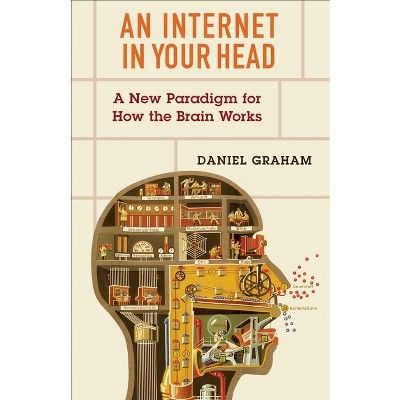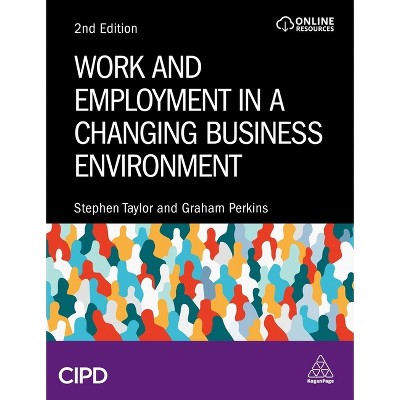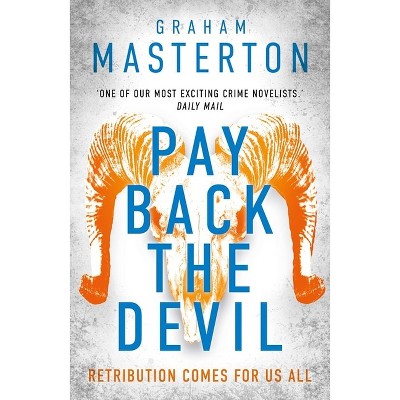Sponsored

Happiness for All? - by Carol Graham (Paperback)
In Stock
Sponsored
About this item
Highlights
- How the optimism gap between rich and poor is creating an increasingly divided society The Declaration of Independence states that all people are endowed with certain unalienable rights.
- About the Author: Carol Graham is the Leo Pasvolsky Senior Fellow at the Brookings Institution and College Park Professor at the University of Maryland's School of Public Policy.
- 208 Pages
- Business + Money Management, Economic History
Description
Book Synopsis
How the optimism gap between rich and poor is creating an increasingly divided society
The Declaration of Independence states that all people are endowed with certain unalienable rights. Among them is the pursuit of happiness. But is happiness available equally to everyone in America? How about elsewhere in the world? Carol Graham draws on cutting-edge research linking income inequality with well-being to show how the widening prosperity gap has led to rising inequality in people's beliefs, hopes, and aspirations. The result is an optimism gap between rich and poor that, if left unchecked, could lead to an increasingly divided society. Happiness for All? highlights the importance of well-being measures in identifying and monitoring trends in life satisfaction and optimism, and demonstrates how hope and happiness can lead to improved economic outcomes.From the Back Cover
"Carol Graham uses well-being measures to bring new insights to the divisions that are threatening America. Far from dreaming of a better tomorrow, many Americans, especially white Americans, are deeply pessimistic about their future and the futures of their children. This book brings much to think and to worry about."--Angus Deaton, Nobel Laureate in Economics
"With Happiness for All?, Carol Graham takes the study of the new inequality one step deeper. She tells what it means from the perspective of those who suffer from it, as she explores, from many different angles, how it affects Americans' sense of well-being, and their place within the American dream. This is a very important book, on the deepest social problem facing the United States today."--George Akerlof, Nobel Laureate in Economics
"In a world where people are turning against governments from across the political spectrum, the search is on to discover the source of this collective angst. Why are the leaders of extremist political parties gaining so much support and why did the UK vote to leave the EU? In this timely and invaluable book, Carol Graham investigates whether inequalities in well-being can explain this profound sense of alienation. We know globalization created many losers but, until now, these effects were measured in terms of income not individuals' well-being. The well-being lens casts a powerful light on the fundamental causes: lack of opportunity caused by poor education and failure to invest in the skills needed in the future."--(Lord) Gus O'Donnell, chairman of Frontier Economics and president of the Institute for Fiscal Studies
"Compelling. Happiness for All? is a significant work of scholarship by one of today's leading scholars in the field. Graham's book will inform our debates on inequality, and is extremely timely and important."--Martin Binder, Bard College Berlin
"Graham writes with clarity and passion."--Andrew Oswald, University of Warwick
Review Quotes
"One of Project Syndicate's Best Reads in 2017 (chosen by Kermal Dervi )"
About the Author
Carol Graham is the Leo Pasvolsky Senior Fellow at the Brookings Institution and College Park Professor at the University of Maryland's School of Public Policy. Her books include Happiness around the World: The Paradox of Happy Peasants and Miserable Millionaires.Shipping details
Return details
Trending Non-Fiction











